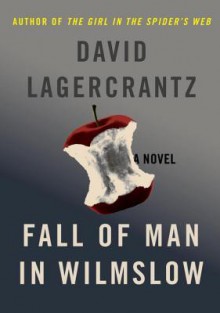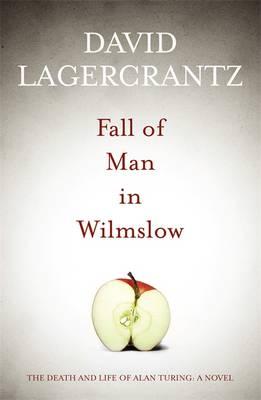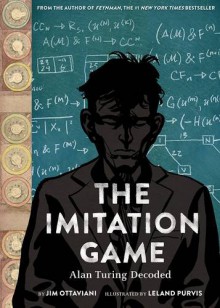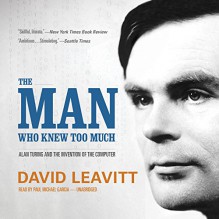
Thanks to Rosie Croft of Pen & Sword for providing me a paperback copy of this book that I freely chose to review.
I have forever been intrigued by personal accounts of events I’ve only ever heard of through history books or TV documentaries, as the narrative always seems to focus on the overall campaign or the big events, rather than on the everyday reality of the people who lived through it. These days there is a move towards making sure that all experiences are captured (mass observation archives are fundamental for that), and I think this is a positive step. History is not only what happens to the kings, queens, members of government and those in authority. It affects us all.
I’ve mentioned before that I’m a fan of mysteries, puzzles, and riddles, and the story behind Bletchley Park, the Enigma machines, and the efforts to decode the German messages (not only the German messages, but mostly) during WWII make for a fascinating real story, and one that was kept secret for many years. When I saw this book, I knew I had to check it.
Robert Harris provides the foreword for this book, whose content seems right out of one of his own novels. The book, divided into eight chapters (Codes and War, Bletchley Park, 1940: A Fateful Year, Battle of the Atlantic, North Africa and Italy, The Resistance, Towards Victory in Europe, War in the Pacific), contains also images, a chronology, a detailed bibliography and sources, including a list of documents from the Imperial War Museum, and an index, which will facilitates any research tasks for those readers looking for some specific information.
This volume is not a simple collection of letters or interviews with code breakers, but its content is organized around specific themes, and the narrative offers a fairly comprehensive historical background to each chapter. Readers are not required to be experts on WWII to follow the book, and most of them are likely to finish the book with a better working knowledge of the conflict and, in particular, of the role the code breakers played in it. I don’t think people who are particularly knowledgeable about the war will discover any new information in the storyline, but the letters and the personal accounts will provide them with insights into what it was really like to live through some of the situations and a better understanding of the role these men and women played in the war effort.
This tome taught me much I didn’t know, and I enjoyed the personal accounts in particular. Some of the highlights for me were: the fairly detailed explanations and examples of how the decoding worked and what roles different people played in the process, comments about how Bletchley was organised, how cold the huts were, how many hours they spent working there, the fact that they needed tall people to work with “the Bombe” because they had to reach the top of the huge machine, what the staff did in their limited spare time, Alan Turing’s quirks, the importance of capturing the coding tables from German U-boats… Of course, there were coders working aboard ships, in other countries, there were spies working abroad, and there are numerous accounts that bring to life different war scenarios, like the fear of being aboard a navy vessel in a convoy while waiting for the German submarines to strike, or being sent into a sinking German submarine trying to retrieve as much information as possible… Oh, and the Navajos using their own language to flummox any enemies trying to decode their messages.
I recommend this book to people interested in WWII, particularly in the role the communication specialists and the code breakers played in shortening the length of the war. Anybody researching the topic will find it full of useful material, and the bibliography and the list of documents will further assist their search. And, casual readers will likely feel, like me, amazed at how these people managed to crack the codes at a time when technology was so basic. We can see the first steps towards the development of modern computers, and I, for one, want to visit Bletchley Park and see, with my own eyes, where everything started.

 Log in with Facebook
Log in with Facebook 









